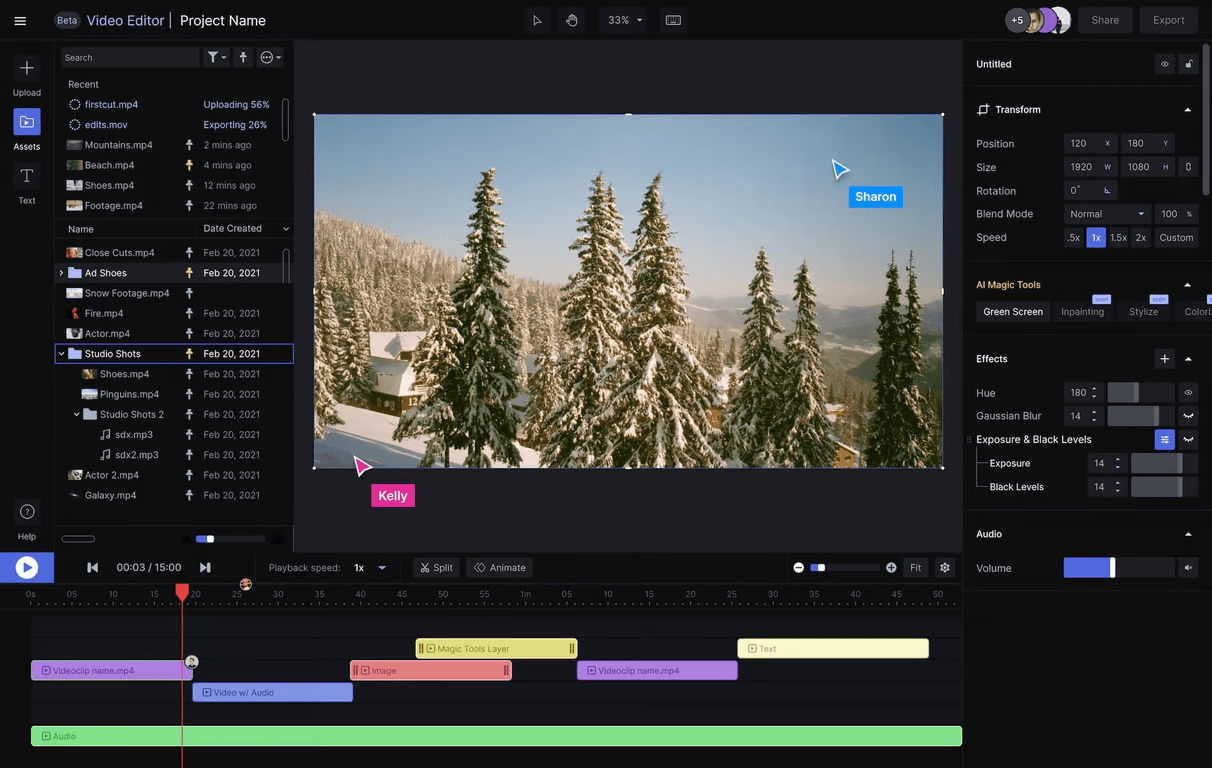Let’s do a bit of investigation as we seek answers to “what are proxies used for?” Check the Internet Setting on your PC, and there is an available proxy option. That tells you your PC was built for it.
Proxies are tools that your computer uses to keep you and your information safe. You may think of them as a barrier—one that allows you to view websites and gather information from them without giving out any information.
Not only they are good for personal use, proxies are also an essential tool in the hands of business owners and their IT departments.

Let’s delve into the different types of proxy with a focus on only a few of them.
Types of Proxies
Data center Proxies
They’re the common proxies that people are familiar with. When you want to hide your IP address, these proxies have nothing to do with your internet connection or Internet Service Provider (ISP). These proxies allow you to hide your IP address without any link to a specific place.
Data center proxies shield you from the web, and anyone spying on your activities is unable to track you. Only the data center proxies and the provider is displayed while your IP address is hidden. The performance of the data center proxy is not effective when compared to residential proxies.
Residential Proxies
Residential proxies offer real residential IP addresses — just like your home IP address. That makes it almost impossible to ban them. You can hide your IP address effectively, harvest or scrape data or get past geo-blocked content.
Security systems trust residential IPs more, as they’re assigned only to residential addresses. Unlike data centers, these proxies are not easy to detect and provides better overall performance.
What are proxies used for?
Ordinarily, a proxy acts as an intermediary between your computer and the web. However, in this day and age, proxies are used for several purposes. Hiding your IP address, sharing internet connections via a local network, access blocked websites, and more. This article will briefly introduce main possible use cases for business, but this blog post from Oxylabs go much more in-depth.
Proxy Use Cases in Business
Businesses are facing unauthorized intrusion into their networks. Most of them can’t afford to have their data compromised because of its implications. So it is a no brainer when they go above and beyond, ensuring their security architecture is safe by incorporating the use of proxies in their daily activities.
Applications of proxies for business:
- Brand Protection
It takes several years to build a trusted brand. However, doing the reverse — like destroying a brand reputation — takes just days or even hours. Businesses will do all it takes to protect their brands and keep their market share and take all the necessary precautions to secure themselves.
They leverage proxies in crawling e-commerce websites, relevant marketplaces, and auction sites. With this practice, these entities detect and also collect relevant information in prosecuting fraudsters.
- Ad Verification
Advertising doesn’t come cheap. It may be tricky to calculate the exact return on advertising campaigns. Hence, businesses do what’s necessary, so they don’t lose out. They plan before they place an ad online — amidst carrying out the necessary research on platforms. However, a handful of them never deem it fit to secure their investments.
In recent times, ads fraud has moved to a whole new level with large portions of advertising budget going down the drain with ad impressions landing on fraudster websites. Businesses militate against these practices by putting in place various ad verification processes to restrict these unethical activities.
- Data Gathering
Data has become extremely crucial in today’s world. It is difficult for companies to make a mark without it in their spheres of endeavor. Where else do you go to collect relevant data if not the internet? Businesses can analyze competitors, their products, and services to get ahead.
As they grow, there is always the need to gather a vast amount of data — and do it efficiently. When companies go these routes, they employ three elements — public data sources, huge networking solutions, known as proxy networks, and automation. All of these are important, but proxy networks appear to be the most critical to any data mining activity.
Companies leverage data to make a valuable decision. Gathering this data could be challenging if the right proxy is not in place. You’ll be restricted, and that would make your work harder.
Data gathering and its use for market analysis or price comparison allows you to offer something better than your competitor. It could be better pricing or an irresistible offer. With such an approach, you’re always guaranteed to be ahead of the competition and outsmart competitors.
“What are proxies used for” is a question that has many sides to it and can be answered in several ways. The contribution of proxies to business cannot be underestimated, and the benefits are in their numbers. Use them to your advantage today.








